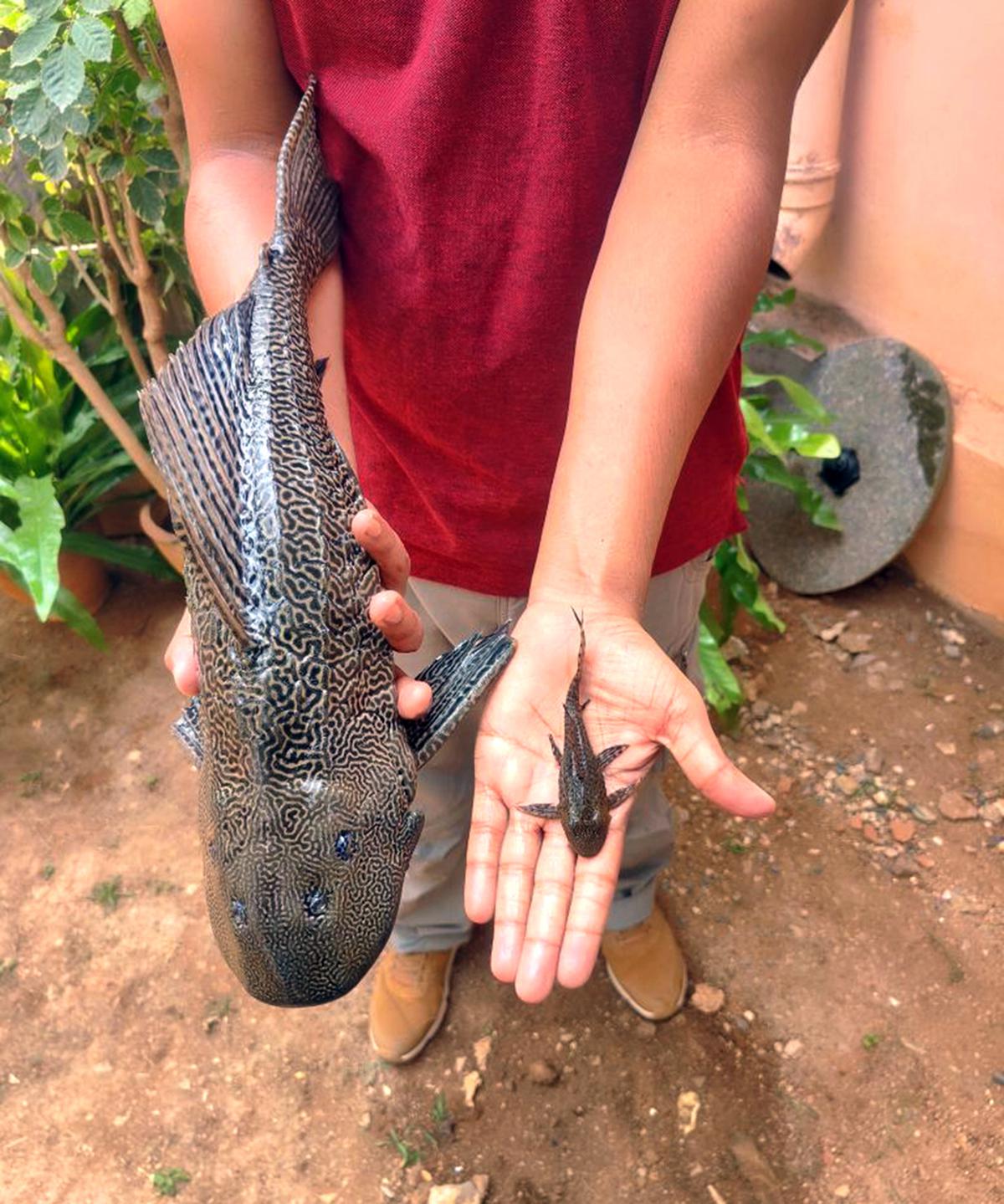Don’t flush that pet fish or turtle down the toilet: CCMB scientist
Date :अगस्त 23, 2024

Invasive species are also responsible for incurring huge economic losses every year for the country, said invasion biologist Gopi Krishnan from Dr. G. Umapathy’s lab in an official online post
Flushing pet fish or turtle down the toilet or releasing them in a pond, letting a pet bird fly away, abandoning a pet dog or cat does not only endanger their life but it can also set off a possible biological invasion in the future.
The much loved pet could become an invasive species and destroy an entire eco-system, said scientists at CSIR-Centre for Cellular and Molecular Biology (CCMB).
Stray cats and dogs are considered among the worst invasive species in the world and are responsible for killing scores of native birds and terrestrial animals annually. Invasive species are also responsible for incurring huge economic losses every year for the country, said invasion biologist Gopi Krishnan from Dr. G. Umapathy’s lab in an official online post.
Biological invasion is a multi-step process wherein a species is intentionally or accidentally transported for agriculture, ornamental or recreation purposes and then introduced to a new location outside its natural range. This species may soon establish a self-sustaining population and disperse to other regions. Since it negatively impacts the new ecosystem it is called an invasive species, although they are not inherently invasive.
Mr. Gopi Krishnan took the example of the aquarium cleaning, catfish like ‘armoured sailfin’, which is just about two inches in size but can grow up to two feet in length when let out into a pond. Catfish species from South America are very popular among aquaculture hobbyists in the country as they do not need high maintenance and also help keep the tank clean by feeding on algal growth.
When the pet owner wants to give up the fish, usually it is released into a nearby pond or a lake where they grow into huge numbers and lead to decline of native fishes through competition for food and other resources. Their sharp bony plates provide them protection against potential predators such as birds and other fishes. They can also damage fishermen nets when caught, though these fish are not a delicacy, he said.

